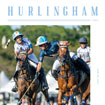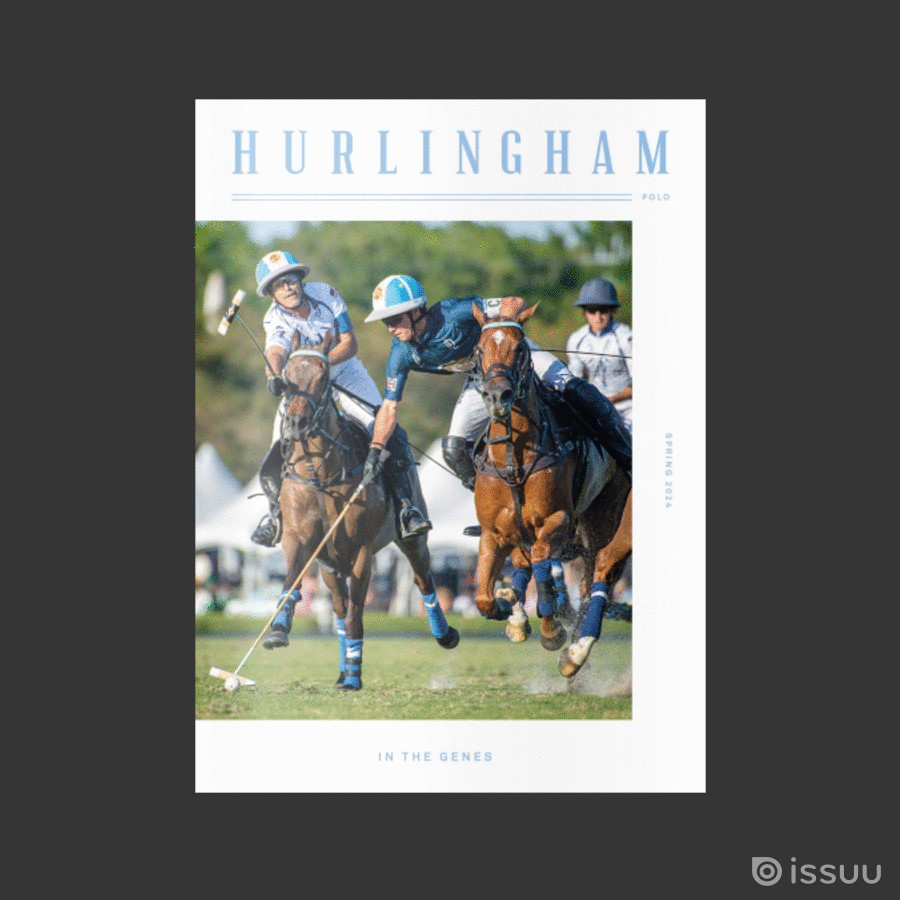We will remember them
By Victoria Elsbury-Legg
Today a nation will pause once again at 11am to remember all those who have given their lives for their Country. One hundred years ago the England of yesteryear was a very different place, before the horrors of both the Great War and World War II had devastated a generation. Sadly now, a century later there can be few who have not been personally touched by warfare, either in more recent times, or in the trenches of the past.
One hundred years ago, the polo community was no exception as many who had enjoyed the sport in pre-war years marched to the front line as part of the Calvary, to fight for their country mounted on the brave horses who also sacrificed their lives. For many of these men, polo had formed a significant part of their military training as well as their recreational time during an era when horses still dominated the landscape.
Indeed prior to The Great War there were nine British regiments stationed in India, (which became known as ‘the home of polo’) from which great British players emerged, as many officers were able to experience nine years of polo in ideal weather conditions, enabling them the time to source great ponies and hone both their own and their ponies techniques.
During the Great War, Smith’s Lawn now the polo fields of Guards Polo Club was the camp of the Canadian Forestry Battalion and many names which have become immortalised by their words and actions during wartime were polo players. From Sir Winston Churchill to Rudyard Kipling whose poem ‘My Boy Jack’ was written by him in 1915 after his son went missing during the Battle of Loos in September of that year.
Many others from the polo community were lost or injured on the battlefields during The Great War and the wars that followed. Today the British Army, Air Force and Polo for Heroes, alongside other members of the military continue to raise money for our troops through the sport of polo.
We will remember them.


